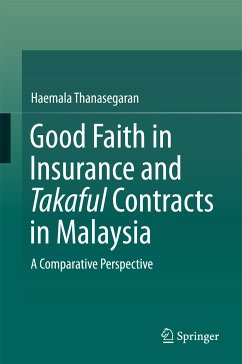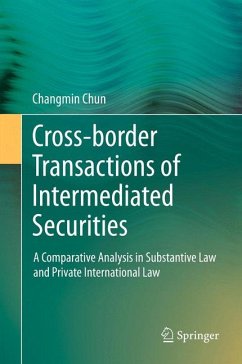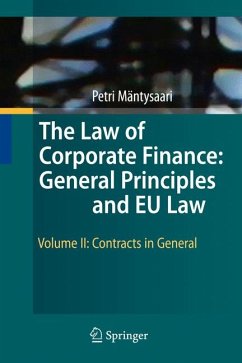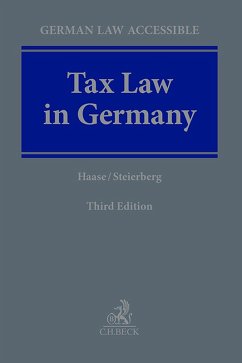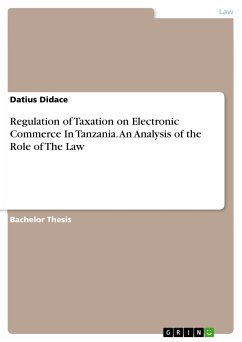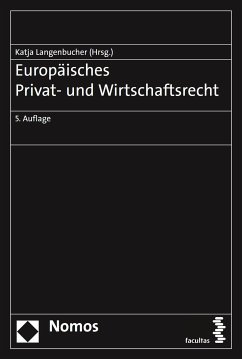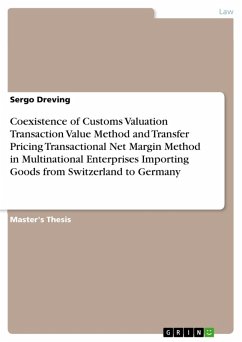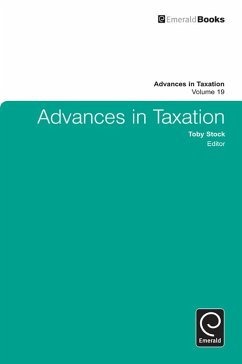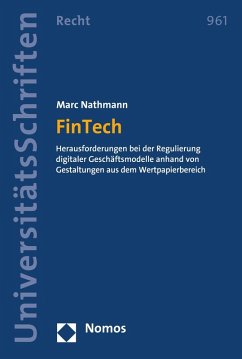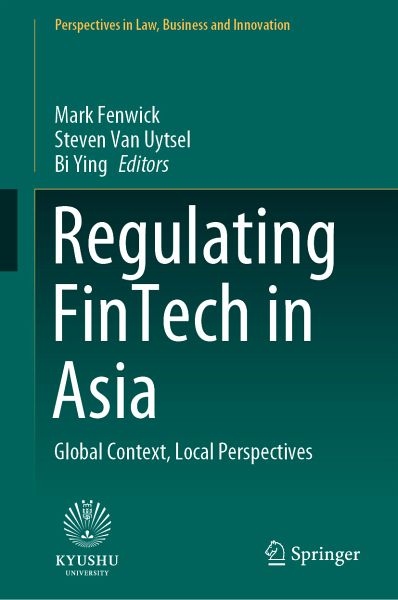
Regulating FinTech in Asia (eBook, PDF)
Global Context, Local Perspectives
Redaktion: Fenwick, Mark; Ying, Bi; Uytsel, Steven van
Versandkostenfrei!
Sofort per Download lieferbar
112,95 €
inkl. MwSt.
Weitere Ausgaben:

PAYBACK Punkte
56 °P sammeln!
This book focuses on Fintech regulation in Asian, situating local developments in broader economic, regulatory and technological contexts.Over the last decade, Fintech - broadly defined as the use of new information technologies to help financial institutions and intermediaries compete in the marketplace - has disrupted the financial services sector. Like other 21st century technological developments, Fintech is a global phenomenon that plays out in local economic, political and regulatory contexts, and this dynamic interplay between global trends and local circumstances has created a complex ...
This book focuses on Fintech regulation in Asian, situating local developments in broader economic, regulatory and technological contexts.
Over the last decade, Fintech - broadly defined as the use of new information technologies to help financial institutions and intermediaries compete in the marketplace - has disrupted the financial services sector. Like other 21st century technological developments, Fintech is a global phenomenon that plays out in local economic, political and regulatory contexts, and this dynamic interplay between global trends and local circumstances has created a complex and fast-changing landscape.
Diverse stakeholders (most obviously incumbent financial service providers, tech start-ups and regulators) all pursue a competitive edge against a background of profound uncertainty about the future direction and possible effects of multiple emerging technologies. Compounding these difficulties are uncertainties surrounding regulatory responses. Policymakers often struggle to identify appropriate regulatory responses and increasingly turn to policy experimentation. Such issues add to the challenges for the various actors operating in the Fintech space. This situation is particularly fluid in Asia, since many jurisdictions are seeking to establish themselves as a regional hub for new financial services.
Over the last decade, Fintech - broadly defined as the use of new information technologies to help financial institutions and intermediaries compete in the marketplace - has disrupted the financial services sector. Like other 21st century technological developments, Fintech is a global phenomenon that plays out in local economic, political and regulatory contexts, and this dynamic interplay between global trends and local circumstances has created a complex and fast-changing landscape.
Diverse stakeholders (most obviously incumbent financial service providers, tech start-ups and regulators) all pursue a competitive edge against a background of profound uncertainty about the future direction and possible effects of multiple emerging technologies. Compounding these difficulties are uncertainties surrounding regulatory responses. Policymakers often struggle to identify appropriate regulatory responses and increasingly turn to policy experimentation. Such issues add to the challenges for the various actors operating in the Fintech space. This situation is particularly fluid in Asia, since many jurisdictions are seeking to establish themselves as a regional hub for new financial services.
Dieser Download kann aus rechtlichen Gründen nur mit Rechnungsadresse in A, B, BG, CY, CZ, D, DK, EW, E, FIN, F, GR, HR, H, IRL, I, LT, L, LR, M, NL, PL, P, R, S, SLO, SK ausgeliefert werden.



